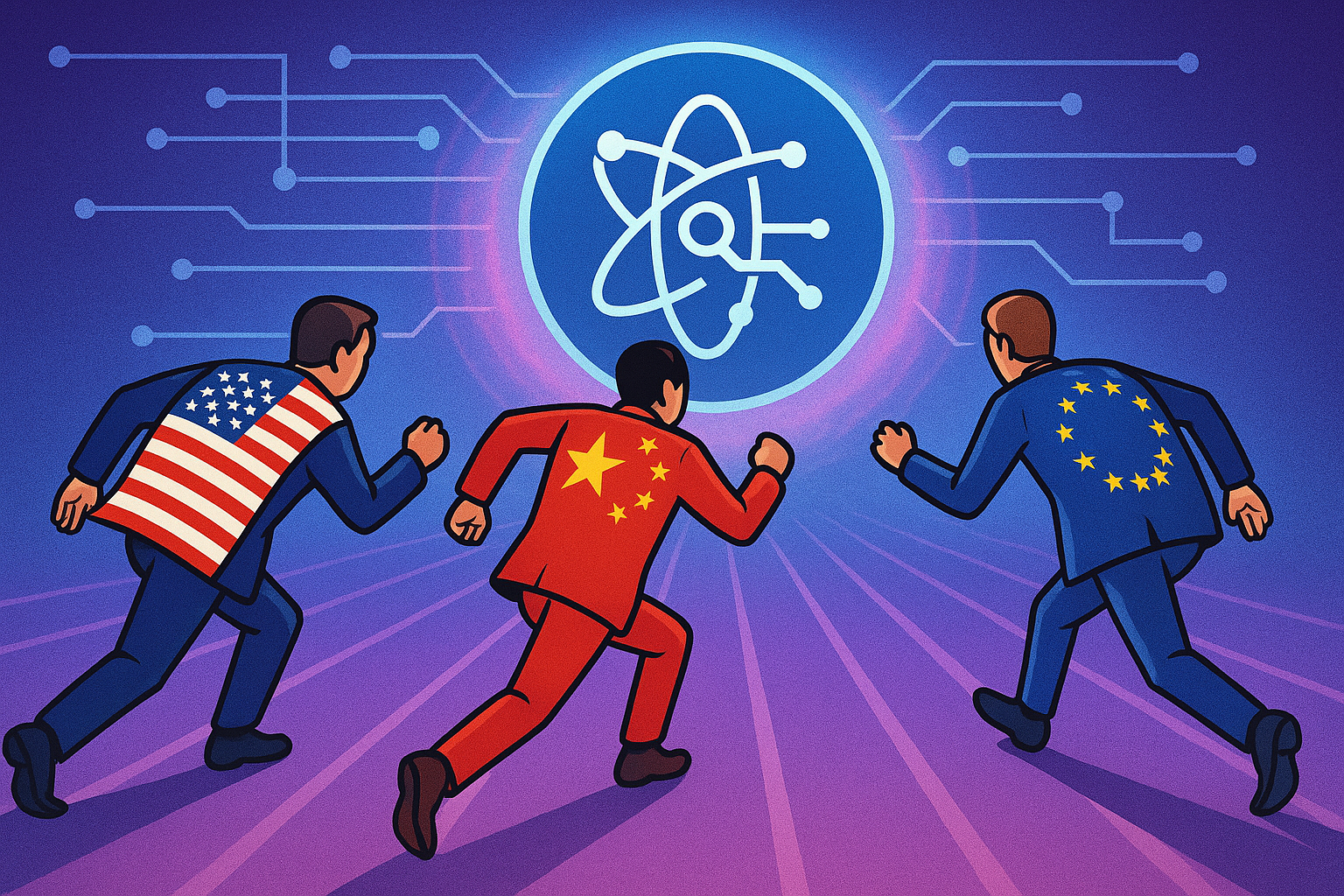AI is often seen as a job destroyer, but it’s also emerging as a significant source of new employment, according to a new Brookings report. The number of job postings mentioning AI has more than doubled in the past year, with demand continuing to surge across various industries and regions.
Over the past 15 years, AI-related job listings have grown nearly 29% annually, far outpacing the 11% growth rate of overall job postings in the broader economy.
Brookings based its findings on data from Lightcast, a labour market analytics firm, and noted rising demand for AI skills across sectors, including manufacturing. According to the US Census Bureau’s Business Trends Survey, the share of manufacturers using AI has jumped from 4% in early 2023 to 9% by mid-2025.
Yet, AI jobs still form a small part of the market. Goldman Sachs predicts widespread AI adoption will peak in the early 2030s, with a slower near-term influence on jobs. ‘AI is visible in the micro labour market data, but it doesn’t dominate broader job dynamics,’ said Joseph Briggs, an economist at Goldman Sachs.
Roles range from AI engineers and data scientists to consultants and marketers learning to integrate AI into business operations responsibly and ethically. In 2025, over 80,000 job postings cited generative AI skills—up from fewer than 4,000 in 2010, Brookings reported, indicating explosive long-term growth.
Job openings involving ‘responsible AI’—those addressing ethical AI use in business and society—are also rising, according to data from Indeed and Lightcast. ‘As AI evolves, so does what counts as an AI job,’ said Cory Stahle of the Indeed Hiring Lab, noting that definitions shift with new business applications.
AI skills carry financial value, too. Lightcast found that jobs requiring AI expertise offer an average salary premium of $18,000, or 28% more annually. Unsurprisingly, tech hubs like Silicon Valley and Seattle dominate AI hiring, but job growth spreads to regions like the Sunbelt and the East Coast.
Mark Muro of Brookings noted that universities play a key role in AI job growth across new regions by fuelling local innovation. AI is also entering non-tech fields such as finance, human resources, and marketing, with more than half of AI-related postings now being outside IT roles.
Muro expects more widespread AI adoption in the next few years, as employers gain clarity on its value, limitations and potential for productivity. ‘There’s broad consensus that AI boosts productivity and economic competitiveness,’ he said. ‘It energises regional leaders and businesses to act more quickly.’
Would you like to learn more about AI, tech and digital diplomacy? If so, ask our Diplo chatbot!










